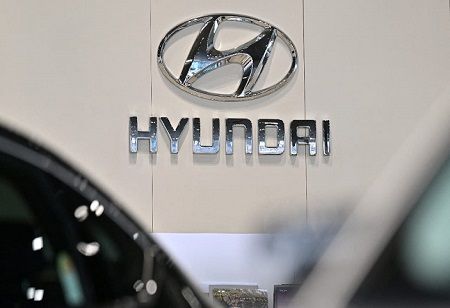
- GM and Hyundai will co-develop five hybrid and electric models.
- Targets Latin American markets and North American electric van segment.
- Partnership enables shared R&D costs and expands regional manufacturing strategy.
General Motors and Hyundai Motor have established their first-ever co-development agreement to jointly design five new vehicle models in response to increasing pressure from low-cost Chinese EV makers.
The agreement includes models meant for future hybrids including a compact SUV, sedan, pickup, and mid-size pickup that will mainly be sold in Central and South America, along with an electric commercial van intended for North America. Once the collaboration is fully operating, they will jointly produce up to 800,000 vehicles a year.
Also Read: Japan Urges US to Cut Auto Tariffs Ahead of August 1 Trade Talks
The agreement enables both automakers to share development expenses and access would-be trade restrictions related to geostrategic interests, taking advantage of GM's pickup prowess with Hyundai's hybrid development. Hyundai can ramp up production within its Georgia facility while GM will be able to access Hyundai's hybrid platforms--a newly formed strategic alignment in the context of evolving regional (value-chain) market forces.
The announcement is in line with a broader trend for legacy (incumbent) manufacturers to form (bilateral or multilateral) partnerships (related to) across-country borders (between automakers) to create new vehicle opportunities faster, and to a create a comparative advantage in a competitive environment riddled with pending tariffs, inconsistent supply chains, and enlarged Chinese OEM presence in the EV space.

